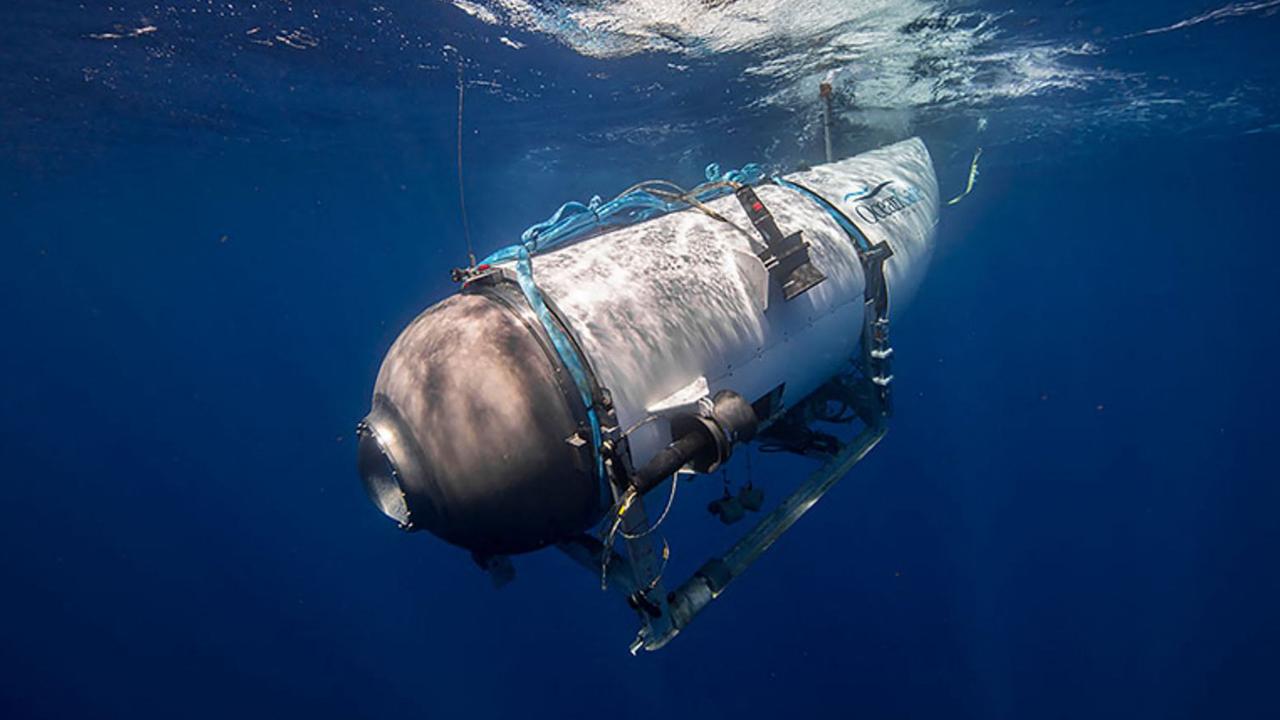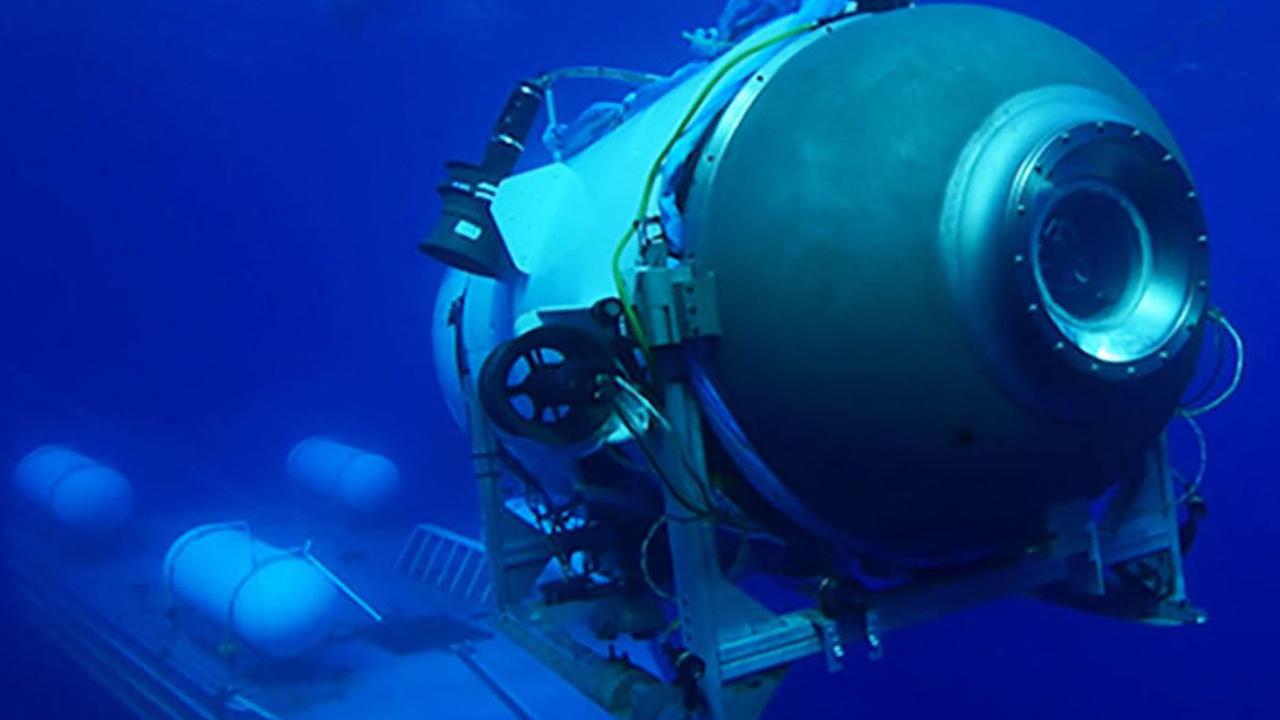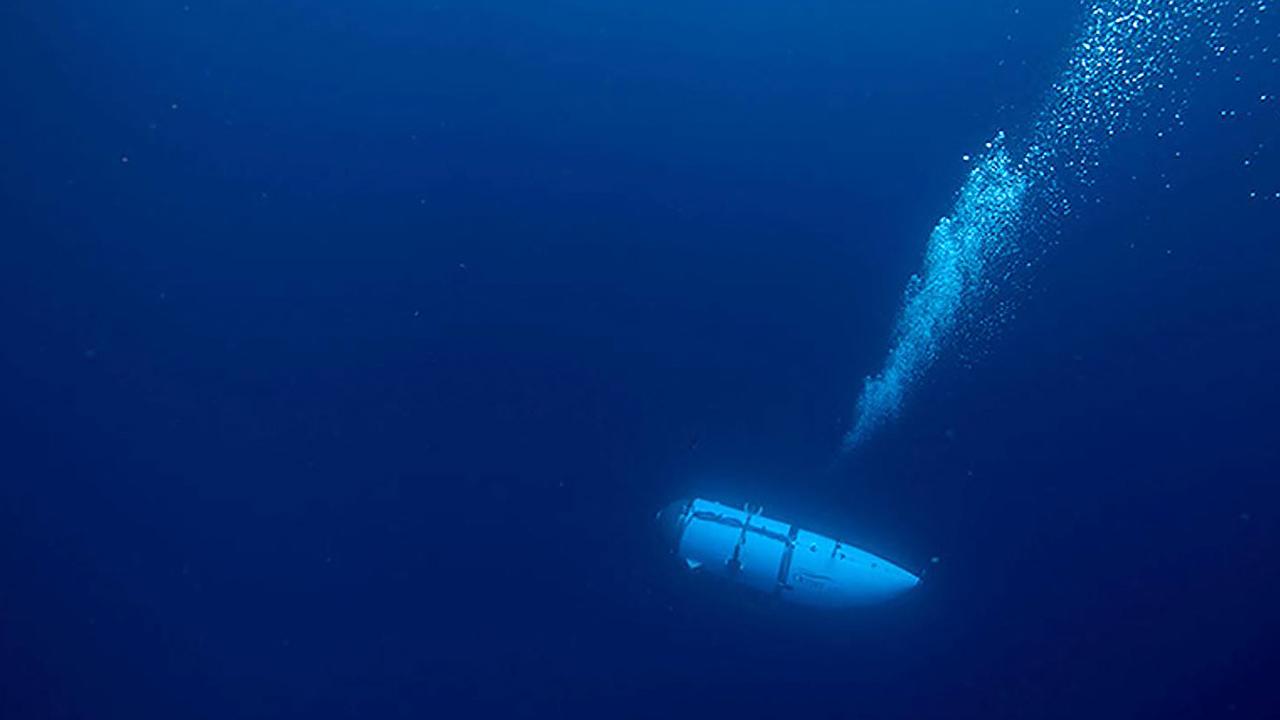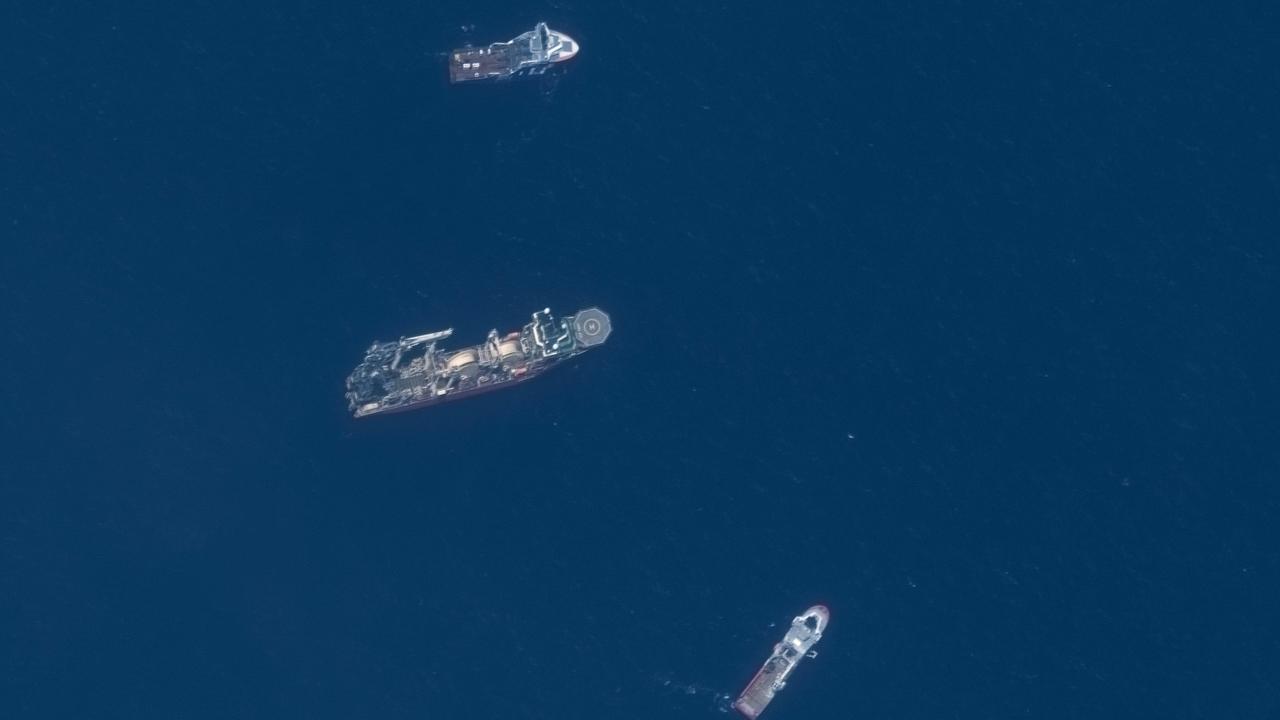Titan sub was doomed from start before deadly implosion, says Titanic diver
A sub pilot who led seven dives to the Titanic says the OceanGate tragedy was “unavoidable” after the renegade captain allegedly ignored warnings.
Doomed Titan sub passengers died needlessly as OceanGate refused to listen to obvious safety issues, a leading sea explorer says.
Five men – including the company’s CEO Stockton Rush – were killed instantly when the unclassed sub imploded almost one year ago.
The world was put in a chokehold when the sub vanished from radar and failed to resurface from a dive 12,500ft (3810m) down to the Titanic wreckage.
Frantic rescue crews worked around the clock in what was thought to be a race against time to save the crew.

But five days later a piece of debris was found on the ocean floor, confirming everyone’s worst fear – the sub had imploded.
All five on board – including British billionaire Hamish Harding, 58, French Titanic expert Paul-Henri Nargeolet, 77, British-Pakistani businessman Shahzada Dawood, 48, and his 19-year-old son Suleman – were dead.

Rob McCallum, who has led seven dives to the Titanic, told The Sun the tragedy was “unavoidable” as OceanGate had been repeatedly warned their 22ft (6.7m) sub was not safe.
Titan was never certified or classed, and McCallum implored Rush to let an independent agency test his vessel.

McCallum said the businessman refused to listen, however, and simply brushed aside warnings.
He said: “I run an expedition company that had delivered over 1500 expeditions – we are not cavalier, we manage risk as far as we can.
“So when OceanGate say things like exploration involves risk, yes it does, but that doesn’t give you carte blanche to ignore obvious danger.”
Rush accused those trying to raise safety concerns of trying to stop innovation.
The engineer, who co-founded OceanGate in 2009, created Titan with an experimental design made up of a carbon-fibre pod with titanium rings bolted on.
McCallum, who founded expedition company EYOS, said carbon fibre material is not fit for submerging so deep underwater.

But McCallum’s warning that carbon fibre would not withstand such pressure, Rush informed him he was “going to carry on regardless”.
“He had a counter view, he figured he was being innovative,” McCallum added.
In 2018, OceanGate’s then chief pilot David Lochridge was fired after his inspection report laid bare a series of safety risks.

But his warning fell on deaf ears – and he was fired from his post.
McCallum said: “Not only was he fired, he was taken to court and silenced.
“So now, looking back, we can say that if that report had got out into the public, all these five people would be alive.
“The people at the time who knew about that report all read it and understood how deficient this machine was.


“And yet not only did they not do anything about it, they went after the whistleblower.”
Come June 18, 2023, four passengers paid £195,000 ($AU374,411) to go on the sub.
McCallum believes they were unaware of the danger they were under.
He said: “I don’t think the people on the sub understood the risk.
“I’m very sure that the paying passengers did not fully appreciate the risk. I mean, none of them were suicidal.
“I think everybody on board had fallen under the spell of Stockton’s enthusiasm and OceanGate’s marketing.”

Public speculation over what ultimately caused the Titan to implode has been rife.
But experts collaborating on an extensive investigation headed by a US federal government team have yet to pinpoint a final conclusion.
McCallum believes the most likely reason the Titan met such a tragic fate was because of an imperfection in the sub’s structure.
He said: “There may have been an imperfection or a weak point in the carbon fibre hull that gave way – or where the carbon fibre hull met the titanium end caps gave way.
“It may be possible [to reveal why it imploded.
“If you can get in end caps and put them under a microscope then there will be some telltale signs there.
This article originally appeared on The Sun and has been republished with permission.





